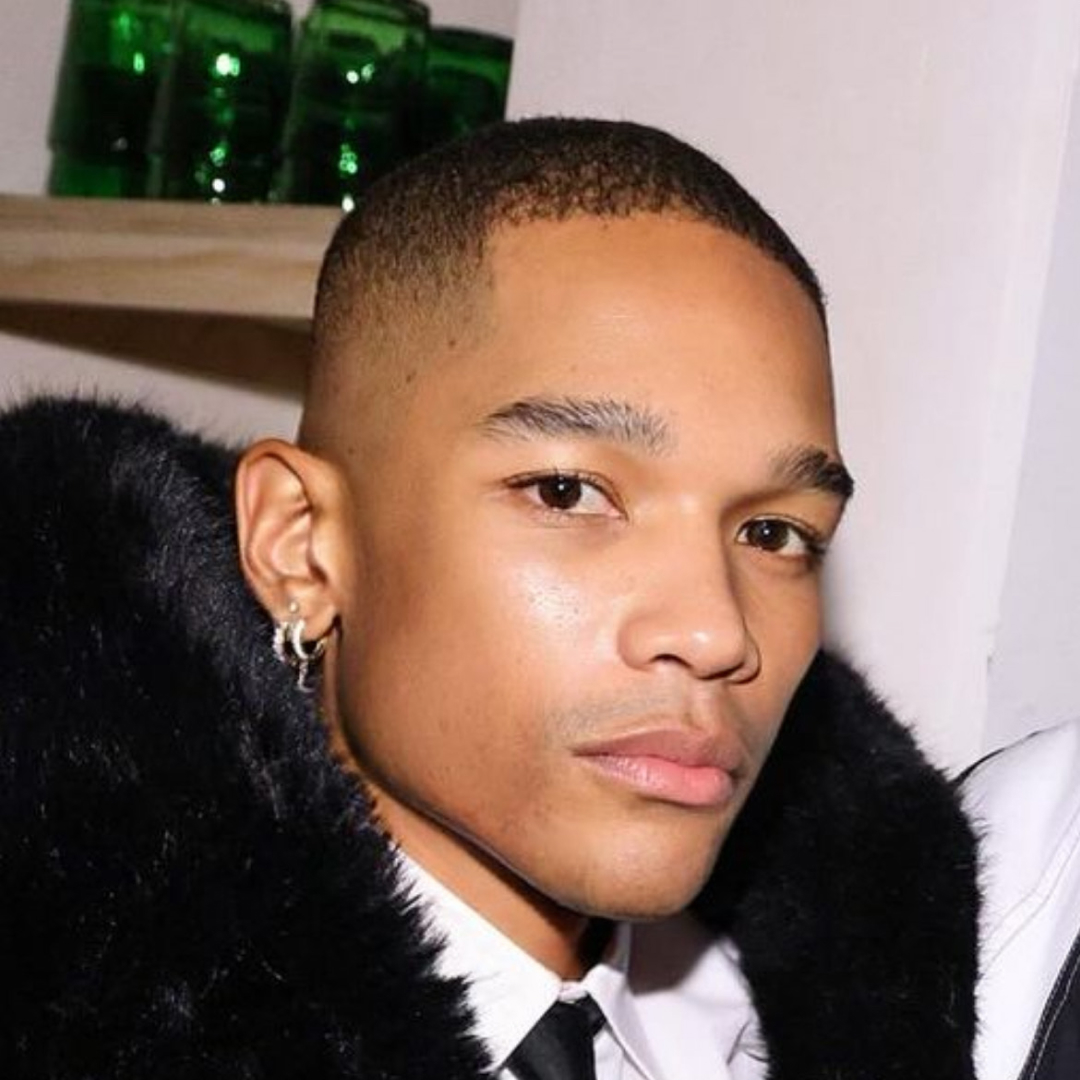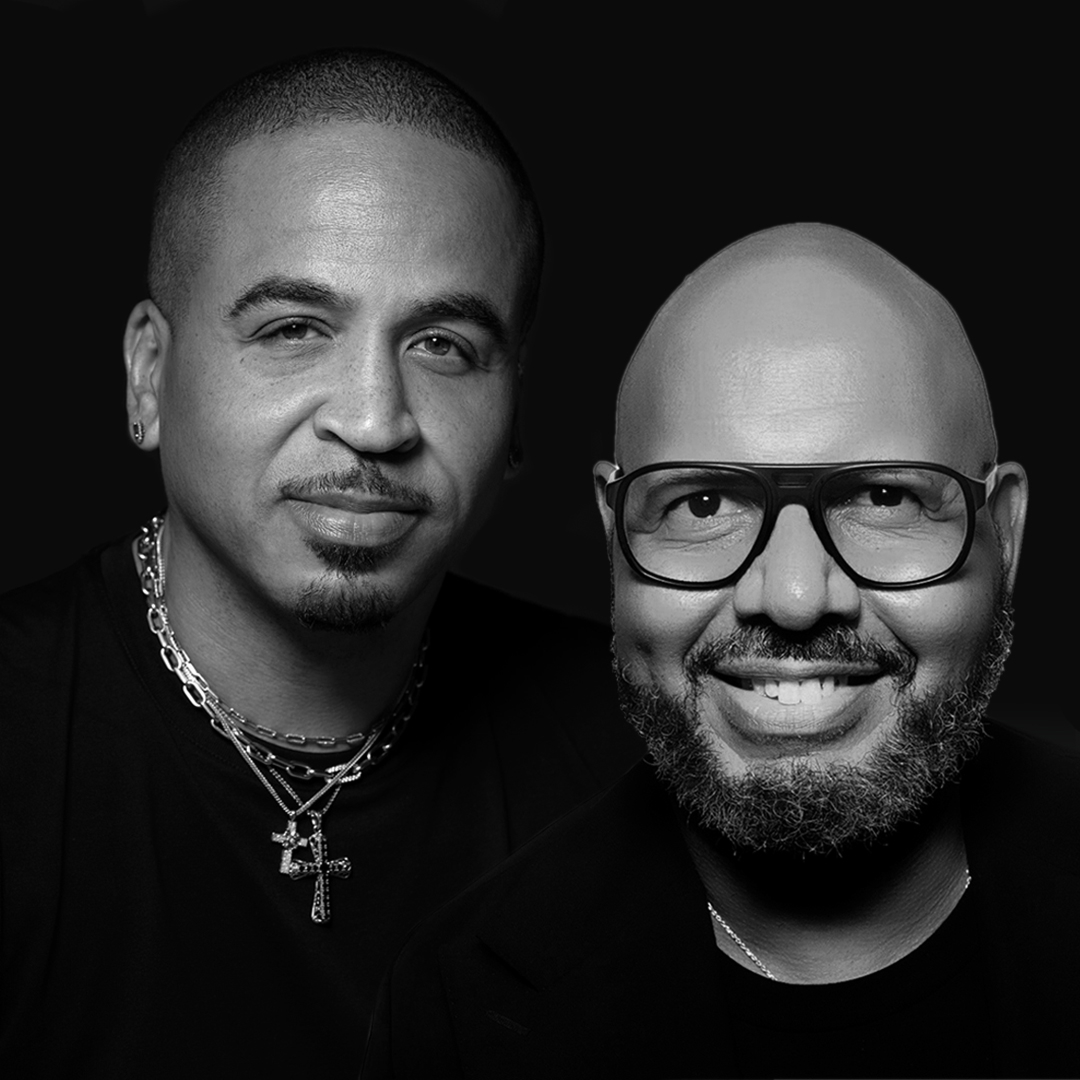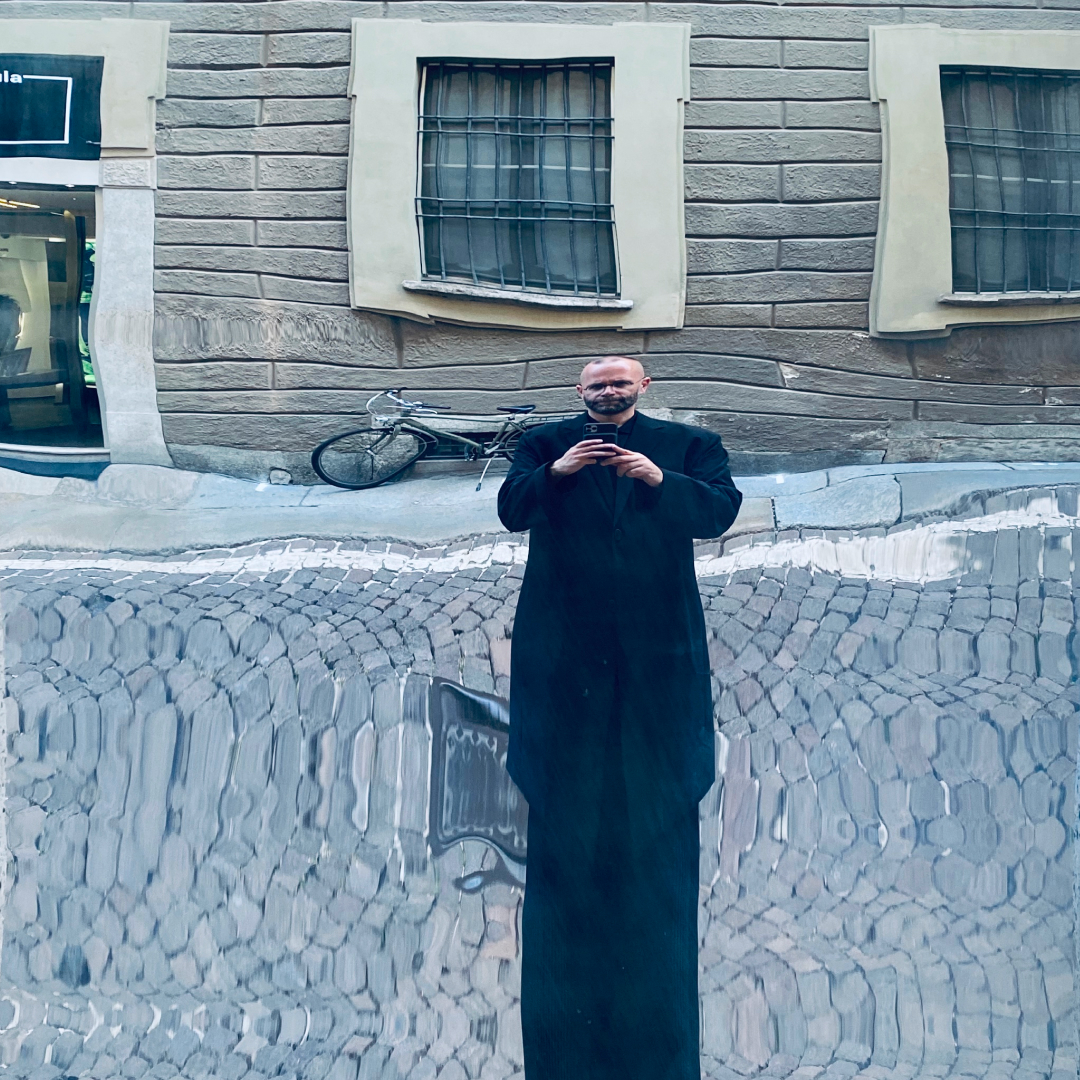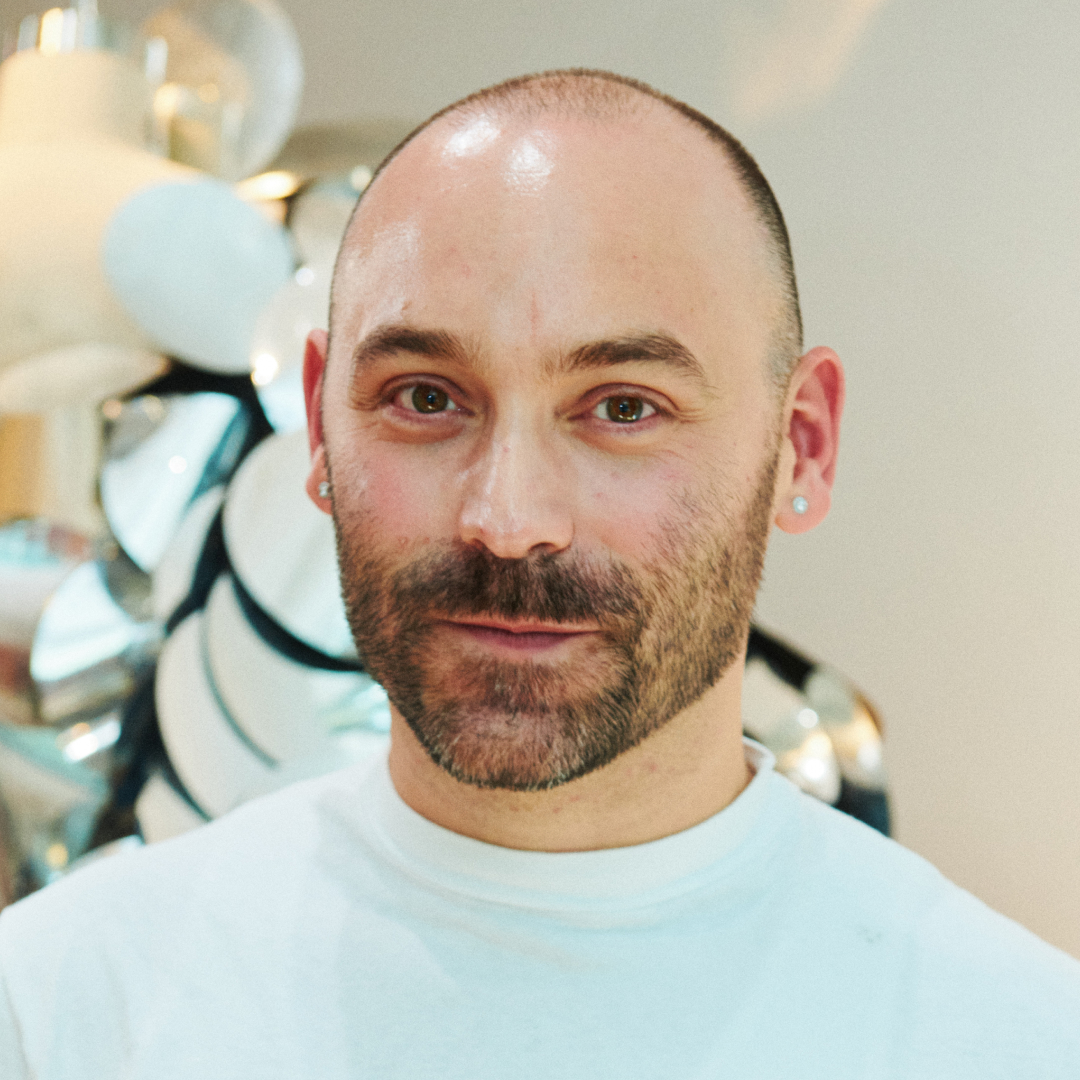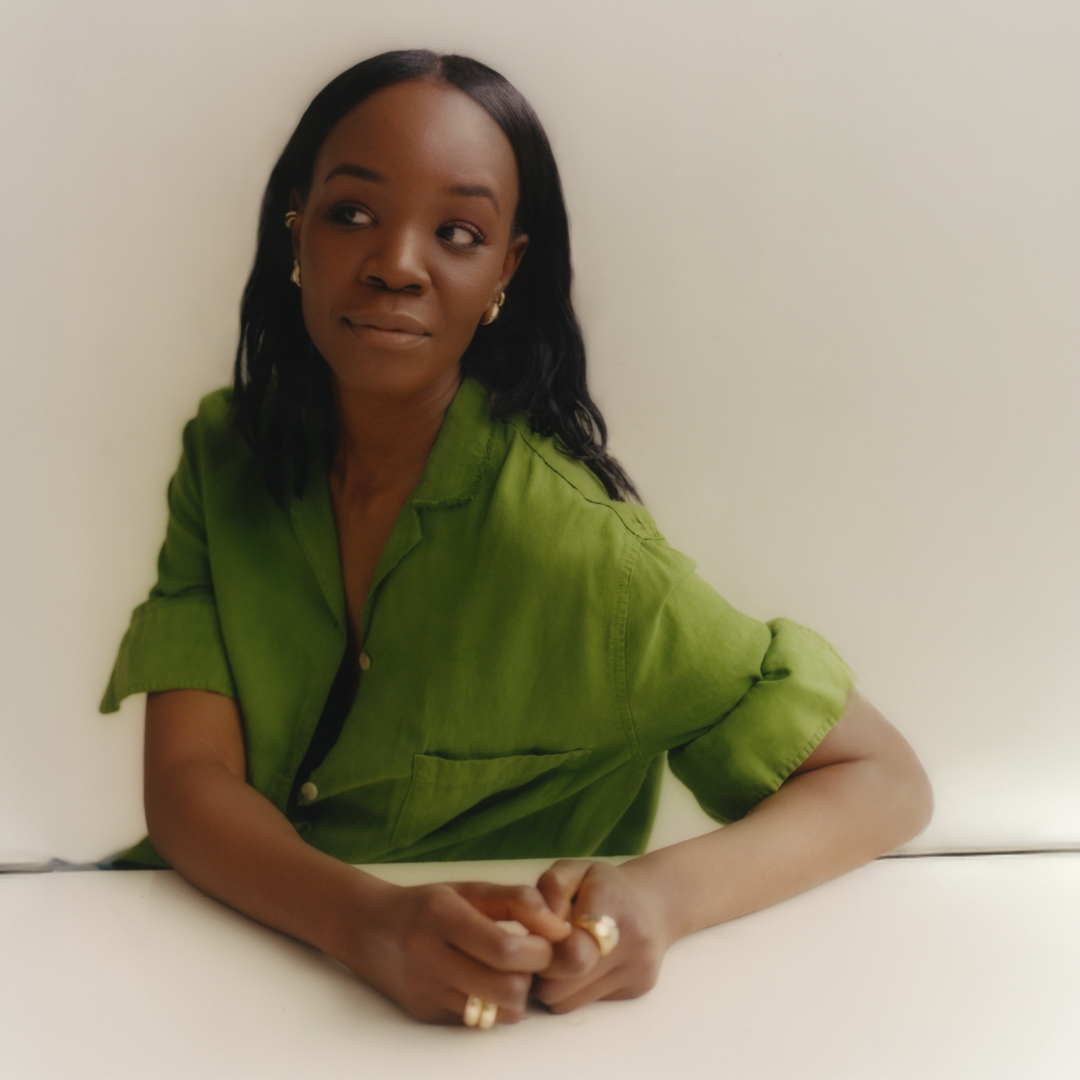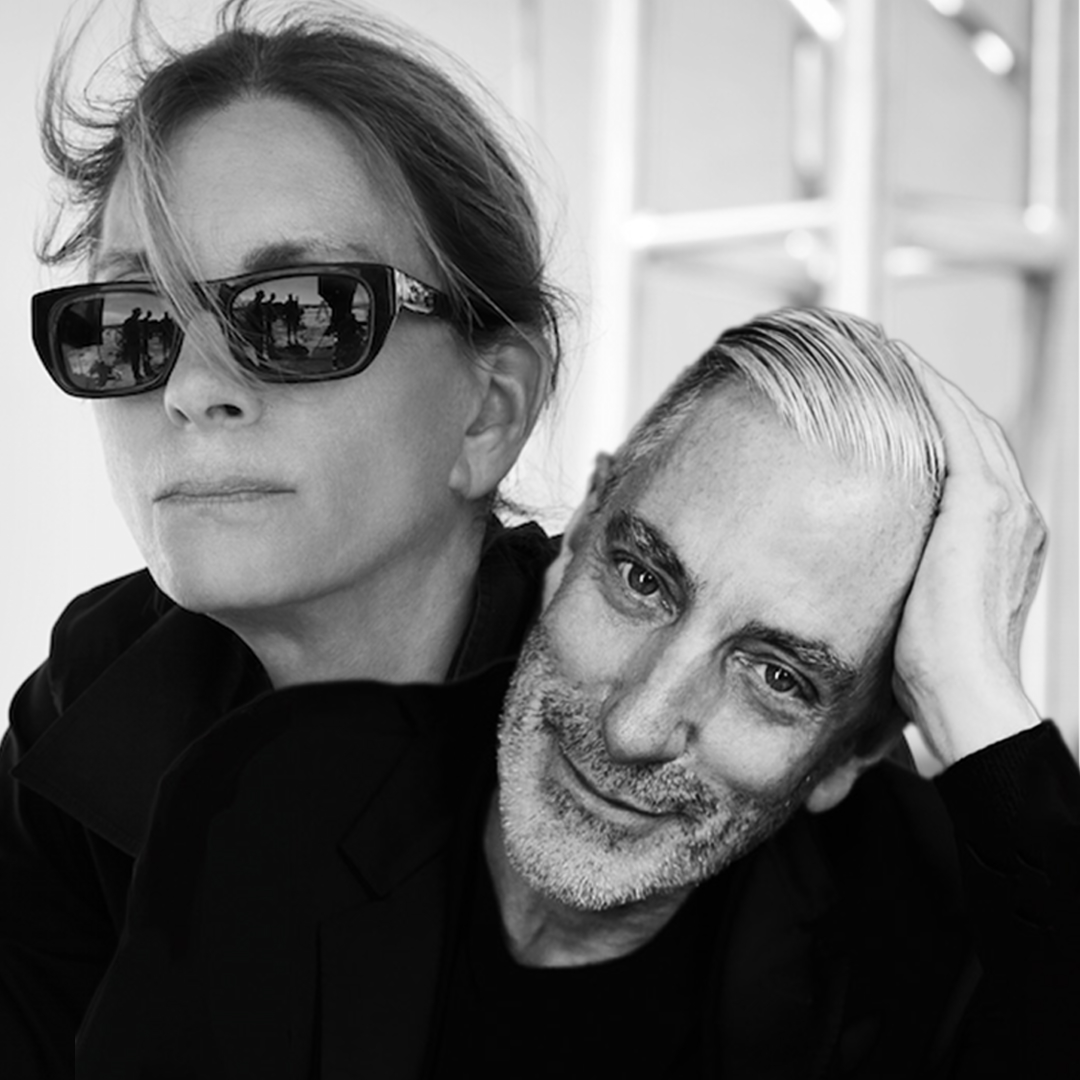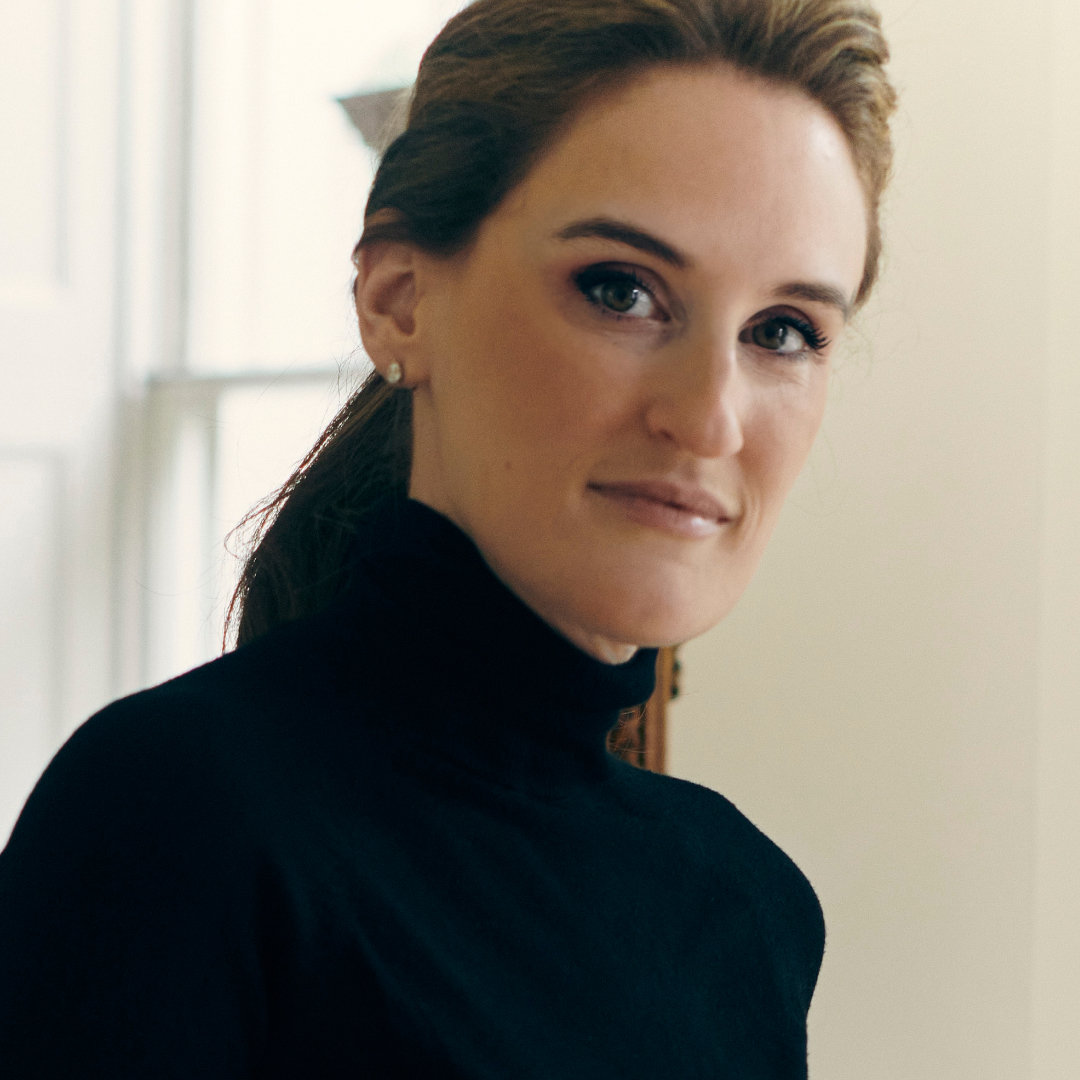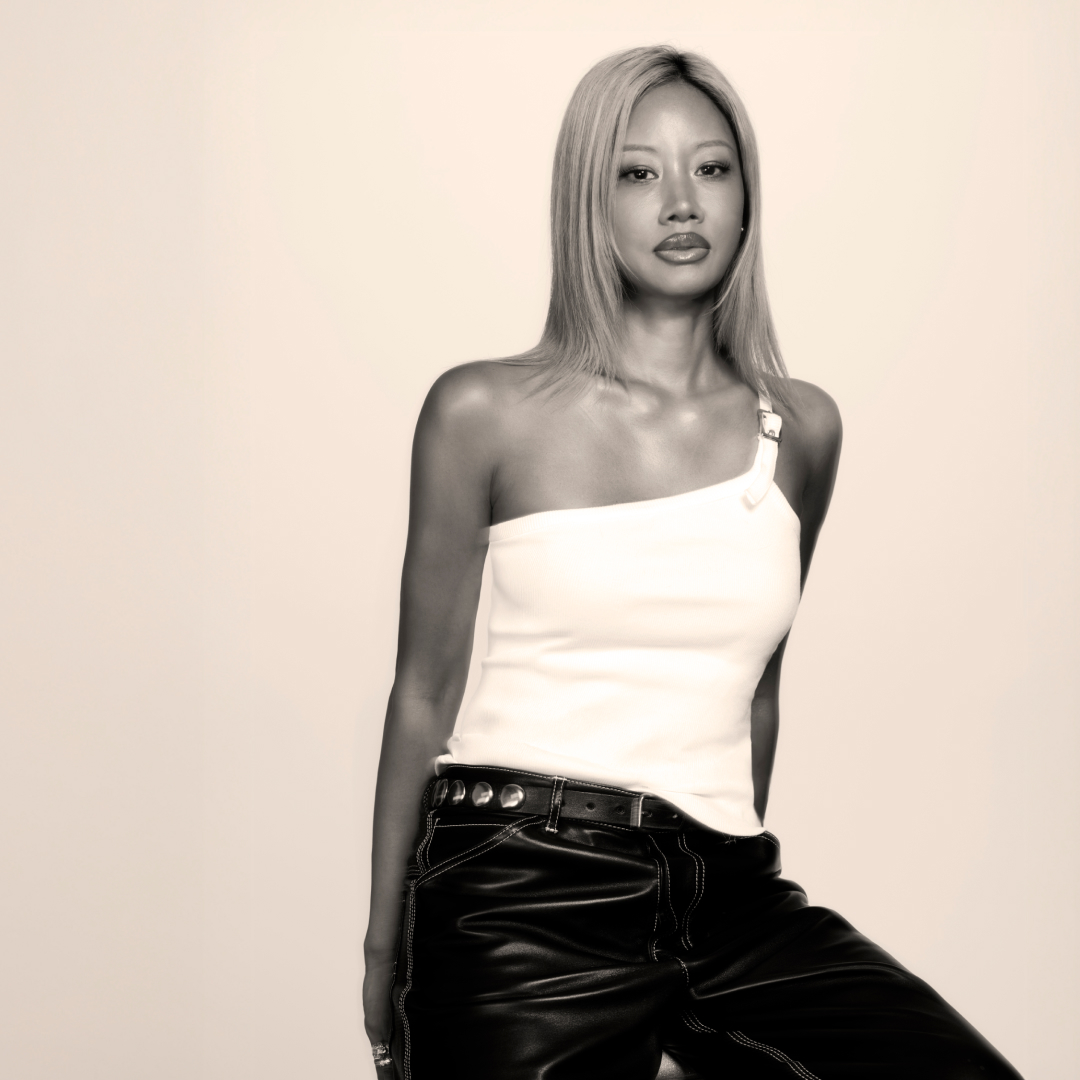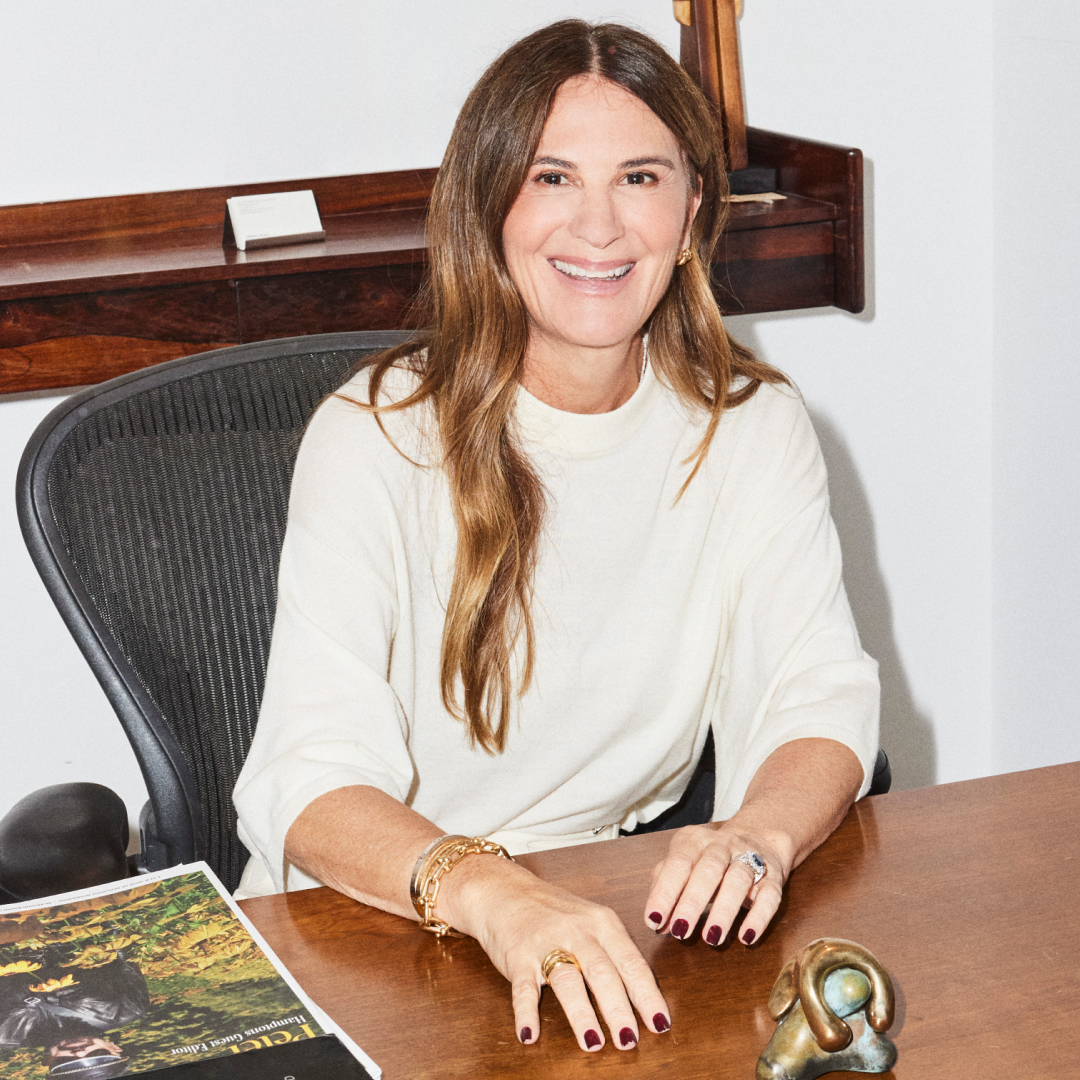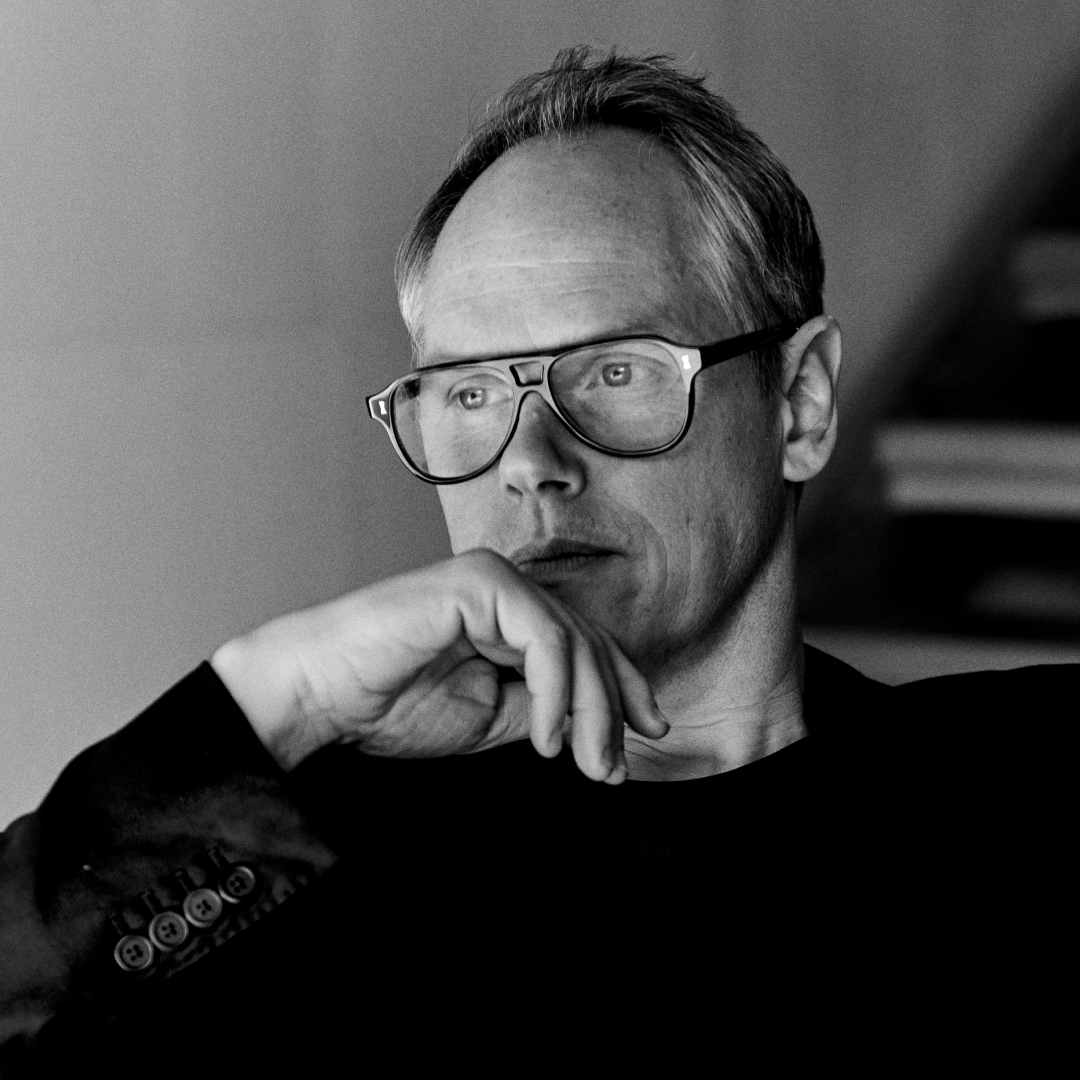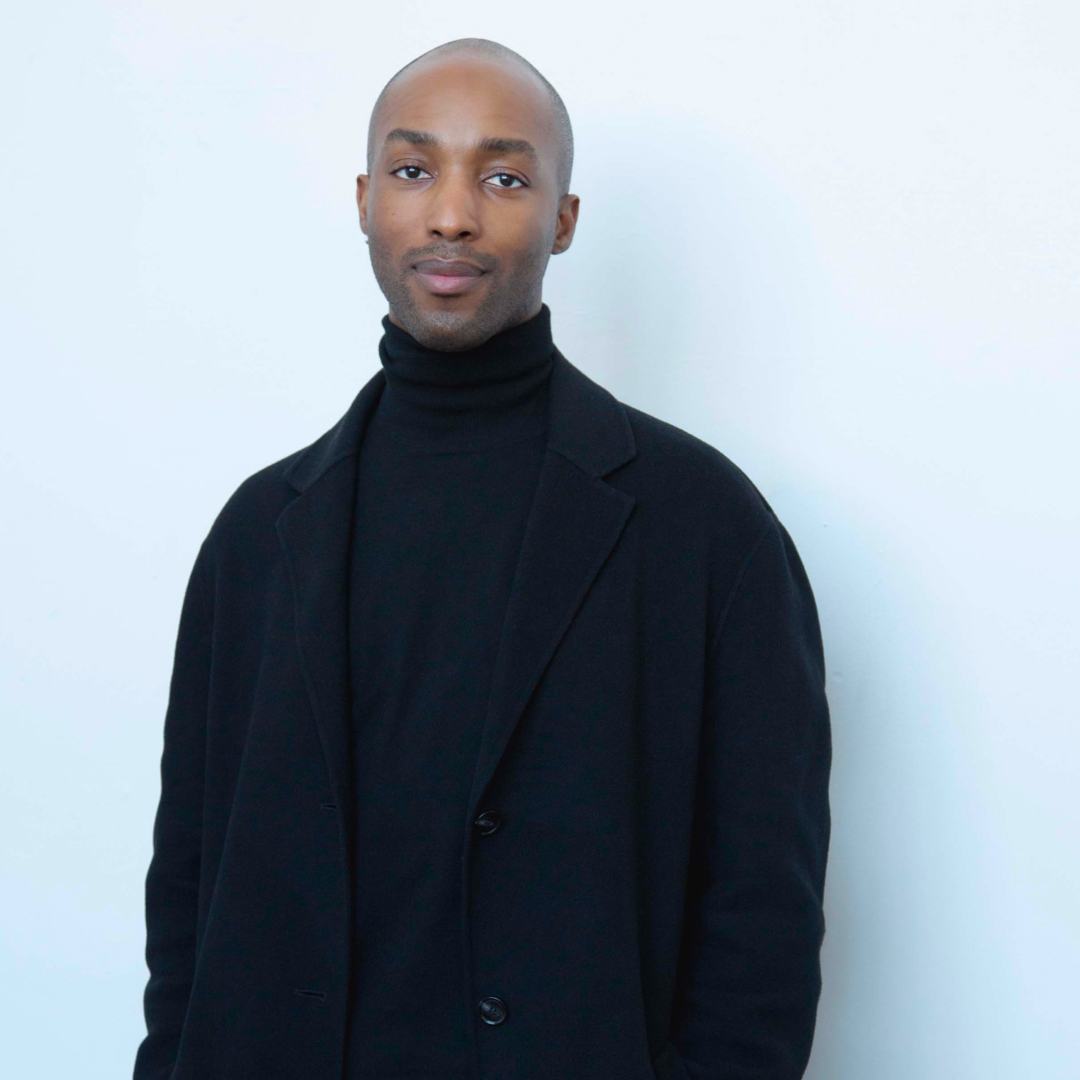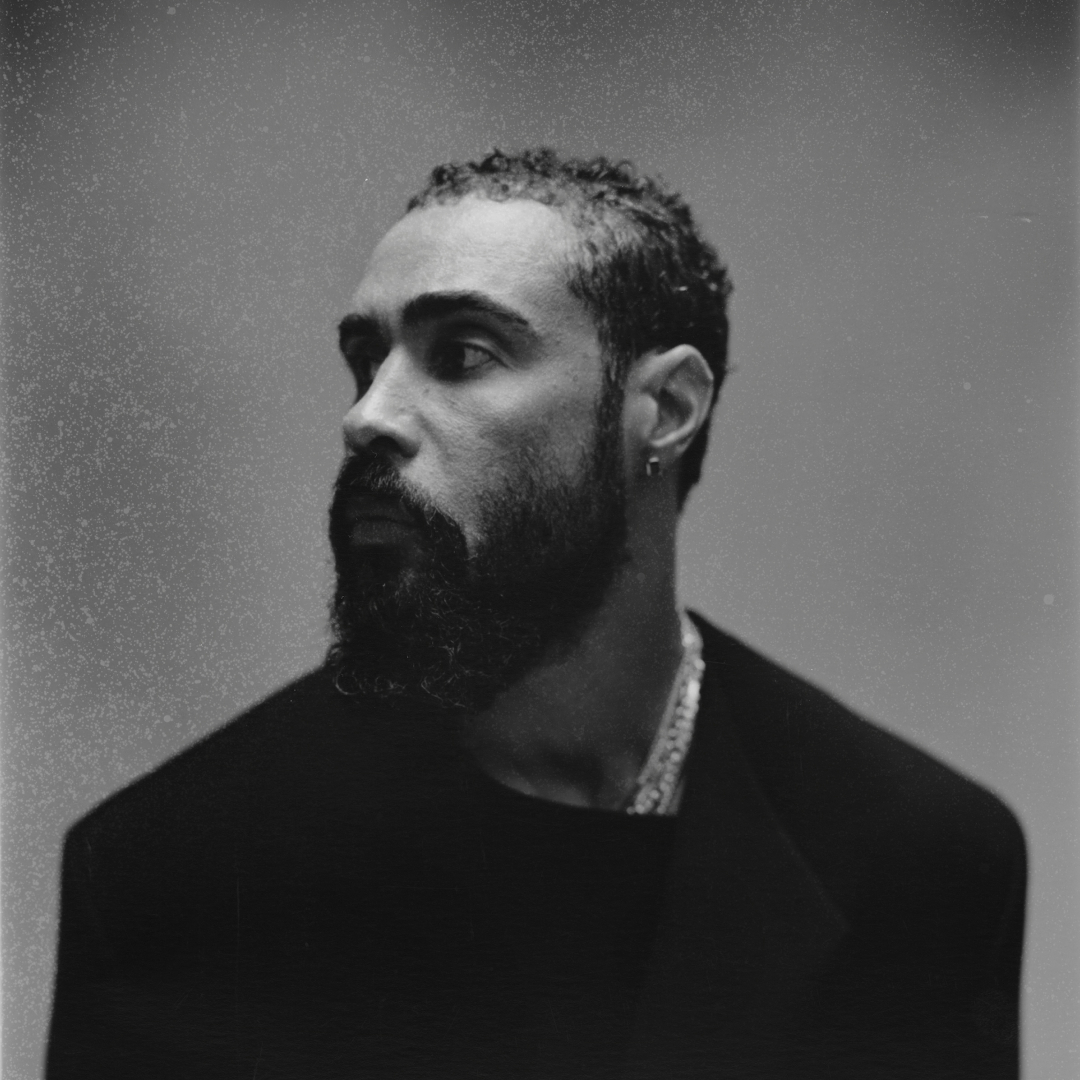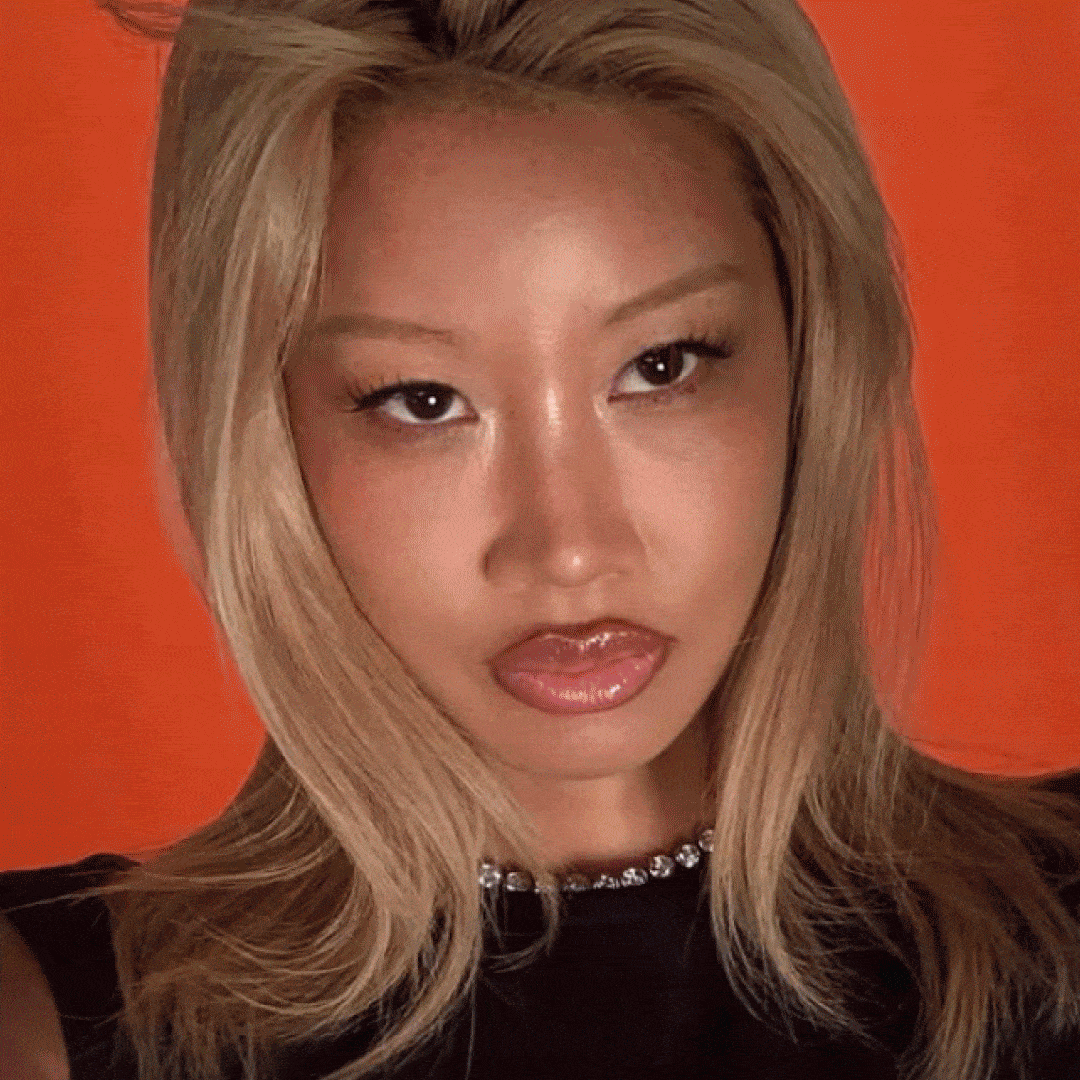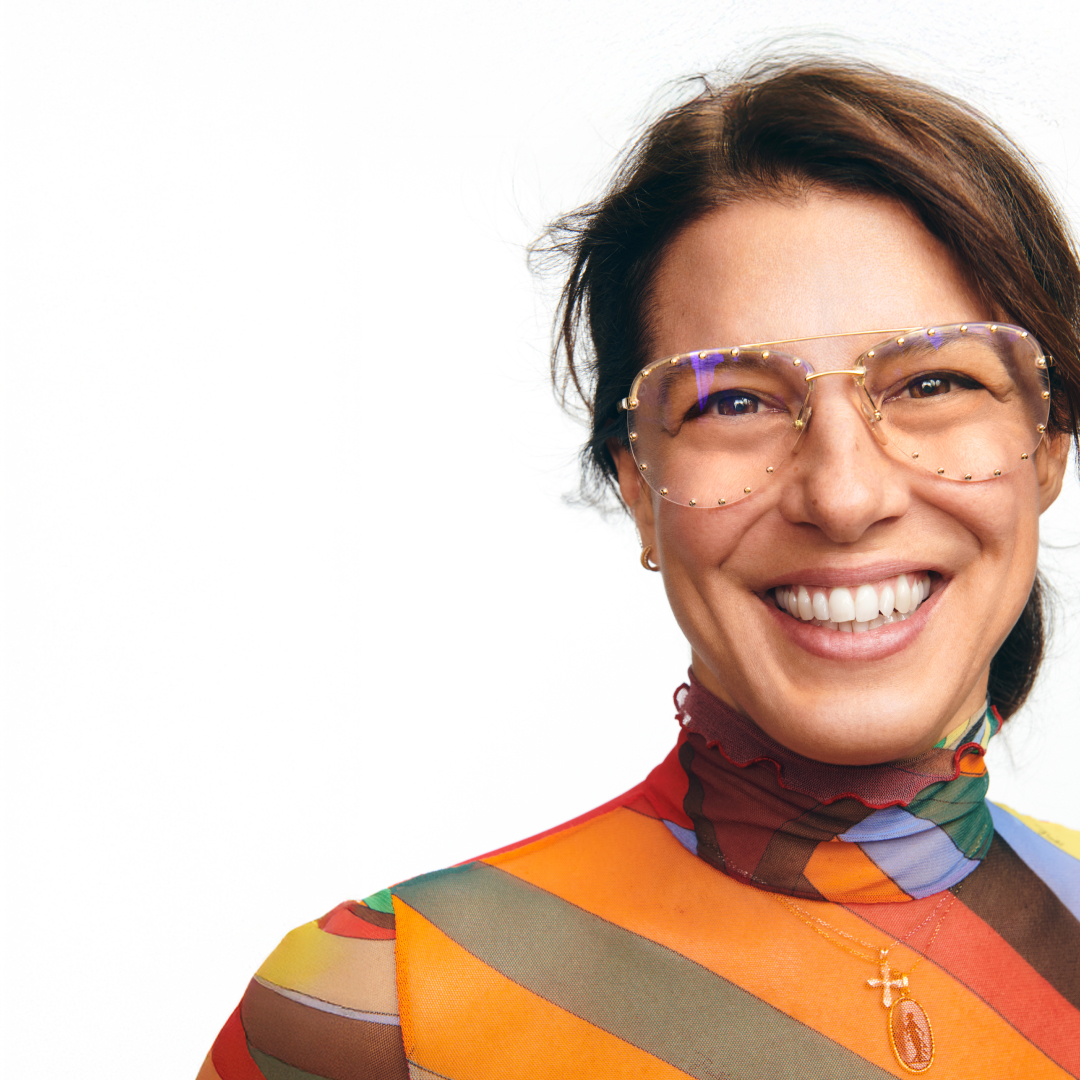Show Notes
Summary
Pulitzer Prize–winning journalist Robin Givhan renowned for her insightful fashion commentary, seamlessly integrates fashion into broader cultural discussions. She started as a writer on the Detroit techno scene beat before making her way into fashion journalism. Emphasizing the importance of being a generalist, Givhan talks To Christopher Michael about her early experiences in fashion and how they continue to shape her trajectory and approach today. She speaks of political representation and fashion’s crucial ties to identity, underscoring the need in today’s landscape for a higher standard of reporting in fashion journalism. By exploring the intersection of politics and fashion and the balance between storytelling and crafting, Givhan reveals profound insight and a unique perspective as an influential voice in journalism.
Episode Highlights
- Talking about her childhood in Michigan, Givhan loved reading and writing and stumbled unintentionally into the fashion sector after writing about Detroit's techno scene.
- Covering menswear was "a very gentle entry point" into fashion and allowed her to focus on the details, quality, endurance, and longevity of garments.
- Describing her entry into womenswear as marked by gatekeepers—who were frankly mean—Givhan was stubbornly determined and interested in the fashion scene's character-driven nature rather than its more consumerist elements.
- Givhan is careful to distinguish between general interest reporting and the reviewing that is natural to "a fashion ecosystem."
- Givhan notes that she doesn't necessarily have a stake in what's happening, which makes her a good critic.
- There is a difference between social media influencers, who are engaging, and actual historians, who can give information to journalists, and critics, who can "connect the dots" for the public at large while being held to higher standards.
- The way people consume media is changing, though Givhan is optimistic that voracious readers will always exist.
- She sees significant progress in some political realms; the pendulum always swings, oscillates, and zigzags.
- Givhan outlines sociopolitical fashion as a tool for education, a kind of shorthand for identity, and a means of representation.
- Is fashion dependent on anchors or hooks from the culture at large? To Givhan, it's engaging enough to stand on its own, while fashion as an industry tends to rely on mainstream media for support.
- Givhan contrasts companies like Dries Van Noten and Versace, which remain inside the fashion realm, to labels that use celebrities to inspire growth.
- What's contemporary now is being comfortable in the gray spaces.
Notable Quotes:
- “They would tell these stories about going to Europe and DJing at some club in front of thousands of people. And I thought that was really intriguing that this thing that was happening in a small corner of the US had this incredible reach. A lot of times that happens with fashion, that there’s this sort of little tribe of people who are engaged in something that they’re very passionate about. And, you just never know the reach of that and how far it will extend, the impact that it’ll have. And it’s just fun to dive into those little subcultures.” —Robin Givhan
- “As someone who didn’t come to fashion because it was this sort of passion point in my life, but I came to it because I thought there were really interesting, rich stories to tell, and I thought that you could engage a lot of people and a lot of different topics through the lens of fashion—that’s always meant that my joy is in a great story.” —Robin Givhan
- “In some ways, I think the role of a critic has become even more important because there is such a firehose of ideas and news and newness, and because things are so fragmented, I think that it’s helpful to have a calm, knowledgeable voice trying to help people make sense of it all.” —Robin Givhan
- “I don’t think that you need to have a PhD in fashion history. I certainly don’t, but I do think that you have to have a willingness to report out the backstory or to report out that context.” —Robin Givhan
- “The role of a reporter is to connect the dots and to try and understand how what’s happening now connects; how it grew out of things that preexisted, and then to try to understand where what’s happening now is eventually going to lead us or could possibly lead us.” —Robin Givhan
- “I find that, unfortunately, for individuals who are out there and say things, there aren’t repercussions if what they’re saying is incorrect. I think that we all have to be better consumers of media.” —Robin Givhan
- “I don’t know if we’re going to become even further polarized into like folks who read and folks who don’t, and, if so, I fear for the future of democracy.” —Robin Givhan
- “When I was focused solely on fashion, I always felt like the stories that were the most interesting to me were those stories that came out of a moment that captured someone’s attention and made them do a double take or made them pause. The story explains: why did that make you pause? Why did that give you this sense of discomfort? And perhaps you can’t quite figure out exactly what that reason is.” —Robin Givhan
- “I think people believe that the pie of opportunity is only so big. And if more opportunity is given to someone else, then that means that it’s being taken away from another group instead of realizing that the pie is expansive and it continues to grow, and the goal is just to give everybody to put it in reach of everyone.” —Robin Givhan
- “I know I’m alone in this, and I’m going to say it anyway. I’m not a fan of the rental economy, not a fan of rent the runway because I feel like it perpetuates this idea that you have to have something new and different.” —Robin Givhan
- “There are brands that are trying to be more sustainable in however they’re defining sustainability. But at the end of the day, the most sustainable fashion is the fashion that you buy and that you keep, and that you continue to wear, regardless of how much it costs, and regardless of how it’s made.” —Robin Givhan
- “I think that fashion is interesting enough that it is engaging enough that it speaks to who we are and where we are as a culture in really powerful ways, and it has the capacity to influence us. But I think that fashion still doesn’t quite believe that about itself and still feels like it needs the sign-off of the film industry or the music industry or sports to somehow validate it and make it more relevant.” —Robin Givhan
- “I would say what’s contemporary now is being comfortable in the in-between spaces, being comfortable in the gray area.” —Robin Givhan



















